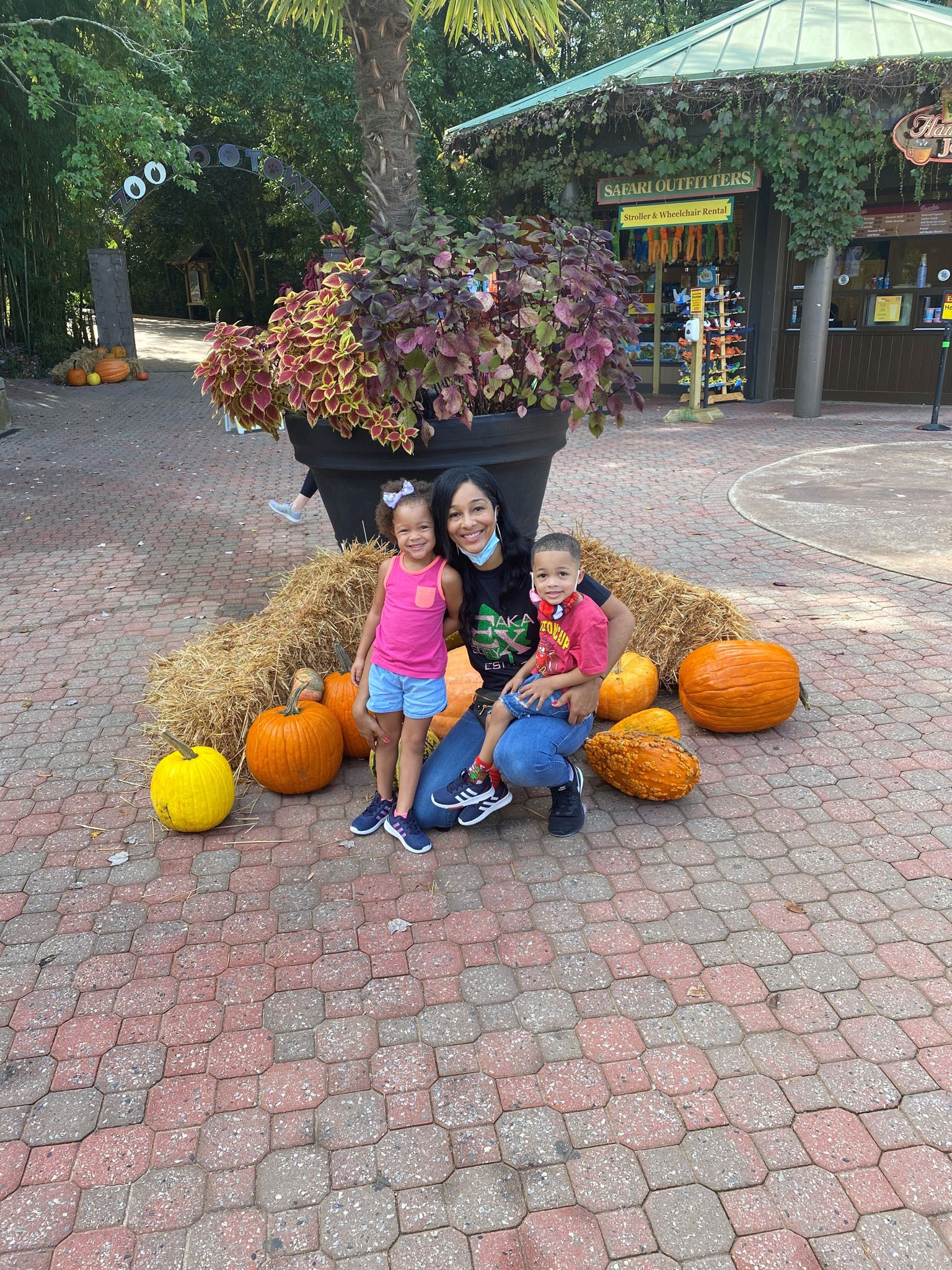Woman has no sense of taste or smell 6 months after COVID-19 diagnosis: What to know about long-term complications
"It's miserable," said Tamika Parrish, who got COVID-19 last August.
Tamika Parrish tested positive for COVID-19 in August.
Six months later, Parrish, a mom of 4-year-old twins, is still suffering from two of the most common symptoms associated with the virus: loss of taste and smell.
"About a week or so in [after testing positive for COVID-19] I took a shower and realized I couldn't smell my soap, and ever since that day I just haven't been able to smell or taste," Parrish told "Good Morning America." "It's miserable."
While Parrish had other symptoms of COVID-19, like body aches and fatigue, she said those went away after about two weeks, while the loss of her senses has remained.
"It's so hard with my kids. I have to tell them, 'Mommy's nose doesn't work,'" she said. "There's a safety element too because I can't smell if something is burning or if gas is on in the house and I'm cleaning constantly because I don't know if something smells and I don't want to risk it."
Parrish said she has been told by doctors she has to just wait and see when and if her senses of taste and smell will return.

"When I left the doctor's office, I started crying on my way to the car," she said. "I don't talk about this much because it makes me very emotional."
"The reason I decided to start speaking up more is to let people know that they're not alone," Parrish added. "We don't hear about people like me who are still struggling with this and dealing with this."
As many as 80% of people who test positive for COVID-19 report a loss of taste and smell, according to the Vanderbilt University Medical Center.
Experts believe the loss of smell in COVID-19 patients happens because the virus causes inflammation in the nose that affects the olfactory, or smell, pathways in the brain, according to Dr. Simone Wildes, a Boston-based infectious disease specialist.
In most patients, the sense of smell and taste will return in two to six weeks, according to Wildes.
Other patients, like Parrish, are part of a population known as "COVID long-haulers," people suffering debilitating symptoms months after having the coronavirus.

"I really tell people to be vigilant about doing everything to avoid COVID because you could get a mild case, but you end up with all the things we're seeing the long-haulers deal with," said Wildes, who has not treated Parrish. "I think most people are usually scared with coming to the hospital, but you also should be a little bit scared about loss of smell and taste or lung issues."
Making the loss of taste and smell even more difficult is that doctors have no way of knowing whether a patient will end up with long-term loss, or whether their senses will return quickly, according to Wildes.
There is also not yet a proven cure, leading some sufferers to try alternative approaches like smell training with essential oils.
"We just don't have a lot of data for that yet," said Wildes. "Doctors are doing research, but there really isn't much we can say to help [patients]."
With the long-term complications of COVID-19 still so unknown, Wildes stressed again the importance of following safety protocols like wearing a face mask, washing your hands, avoiding large crowds, practicing social distancing and getting the vaccine when eligible.
Wildes also said people suffering from ongoing COVID-19 symptoms should not suffer alone, encouraging them to reach out to health care professionals and online support communities that have grown over the course of the pandemic.
"I think it gets swept under the rug because people are like, 'You're alive so you should be grateful you survived COVID,' but these symptoms can be really distressing," she said. "Even a mild case of COVID can give you some of these long-lasting effects."




